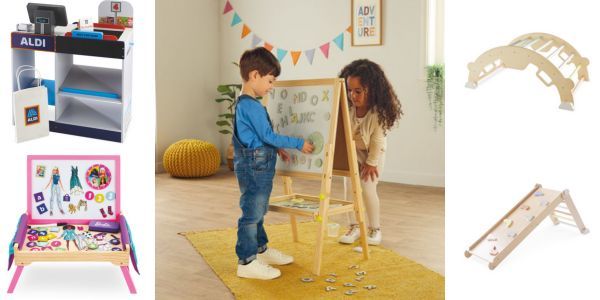

How often do you sing lullabies to your baby? Are they part of your daily nap and bedtime routine? If they’re not already, there’s strong evidence to show that singing to your little one brings some great benefits, yes – even if you’re not great at carrying a tune or remembering the words!
Although singing lullabies has traditionally formed part of baby bedtime routines across the land, recent research from YouGov found that only one third of parents of under fives sing lullabies. And according to the study, men are less keen to test their vocal abilities out on their offspring. Women are twice as likely to sing lullabies to their babies. Older parents (45 plus) are also far more likely to sing a little tune at bedtime than their younger counterparts. So are we in danger of losing this valuable parenting and bonding tool from our arsenal?
Why I Love Lullabies
Lullabies were a real lifeline for me as a new mum. My baby had horrendous ‘colic’ like symptoms in the evening, which turned out to be allergy based. She would scream and cry in discomfort for hours and one of the few things I could do that made an impact was to pace around with her skin to skin and sing lullabies to her. I’d work through the more traditional tunes like Twinkle Twinkle Little Star then break into show tunes from musicals I acted in as a child until finally, when I was running out of options, I’d rely on Christmas carols. At two and a half, Away in a Manger remains my little girl’s most requested bedtime lullaby.
Lullabies definitely didn’t cure my little girl’s colic, but they certainly helped to make us both feel better. You see, they’re scientifically proven to help calm baby and us too and I think if more mums and dads knew about the benefits of sharing lullabies, even the least musical of us would give singing them a go.
The History of Lullabies
Lullabies have existed for thousands of years, perhaps from the beginning of time in some guise. In fact, there’s a clay tablet thought to be from around 2,000BC that shows mothers have been soothing their young with their voice for centuries. Before a baby is even born, they get to know their mother’s voice from the womb and can learn to recognise other familiar voices too. It’s this familiarity that helps lullabies to calm babies. The actual structure of lullabies also has a part to play. Have you noticed that lots of lullabies share a particular rhythm? Triple metre is commonly used for lullabies, which encourages us to walk, rock and sway in time with the tune. The result? Our movements mimic the gentle rocking motion babies experience in the womb, which can help relax them into sleep. And as a bonus, by regulating our breathing and helping us to notice how our little one is breathing, lullabies can help us to feel calmer too.
The Magical Powers of Lullabies
If assisting in soothing your baby to sleep isn’t quite enough of a reason for you to start learning some lullabies, there’s plenty more evidence to persuade you to warm up your voice…
How about this study from the University of Montreal, which showed that singing to babies calmed them twice as much as simply talking to them. Did you know that singing lullabies is encouraged when babies are in NICU? This 2010 study found that premature babies who listened to lullabies enjoyed improved oxygen levels and better respiration. And when Great Ormond Street Hospital did its own tests on the impact of lullabies during medical procedures, they found that they reduced pain and stress. So, lullabies are definitely something useful pull out your parenting toolbox if your baby has just had vaccinations or is teething!
Lullabies are also helpful for learning. In the past, The National Literacy Trust and brain development experts have spoken about the role of lullabies and singing in helping to build reading and language skills. So, is it time you tested out your voice?
Do you sing lullabies to your little boy or girl? What are your favourite lullaby lyrics to sing? Are you feeling sleep deprived and hoping lullabies may help? You’re not alone! Check out our blogger’s post on how she’s not sleeping like a baby and our very own Katie Hodgkin’s post on the obsession with babies sleeping through.


.png)







